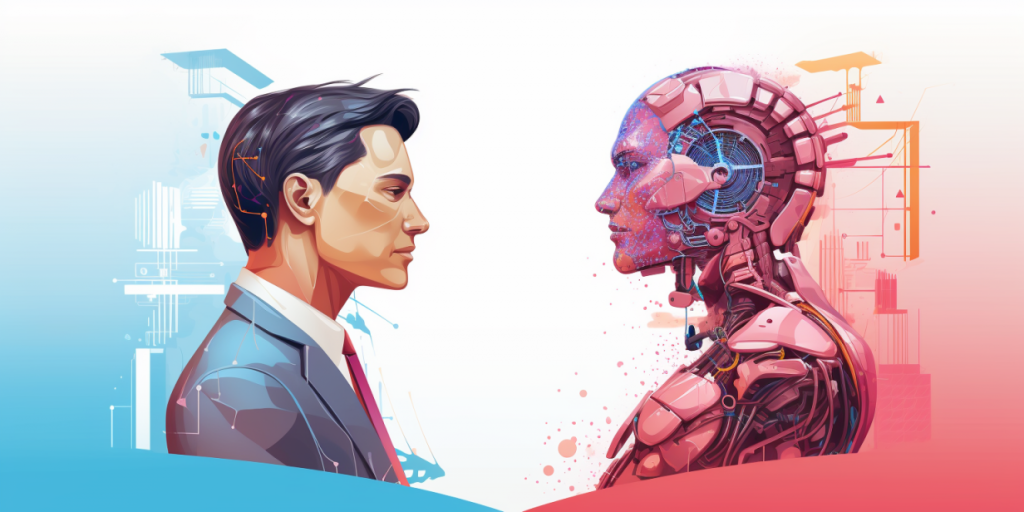
The impact of artificial intelligence (AI) on various aspects of our society continues to grow steadily with each passing year. Today, AI is capable of performing many tasks that previously required human intervention, seemingly simplifying and aiding in certain processes. However, one of the main societal discussions revolves around the fact that this automation poses a threat to many professions in the near future. In this article, let’s explore this issue from different angles and identify which specific fields of work are facing potential threats.
1. Professional Drivers
One of the most obvious professions that could be replaced by AI is professional drivers. Autonomous technology is becoming increasingly advanced, with electric vehicles and drones being some of the most autonomous technologies available today. However, this is just the beginning, as major companies like Tesla, Google, and Uber are actively working on creating self-driving cars, similar to those often seen in science fiction movies. While it may sound futuristic, this could lead to a significant reduction in the number of professional drivers in the future.
2. Manufacturing
Jobs related to manufacturing have also been undergoing automation in recent years, thanks to robots that can perform tasks more efficiently and precisely than humans on factory floors and assembly lines. In the future, AI may further integrate itself into manufacturing, taking on roles related to quality control and production management. While we are already witnessing a significant reduction in the human workforce in factories, the additional use of AI could pose an even greater threat in this direction.
3. Banking and Finance
In the field of finance and banking, AI is already being used for data analysis, market trend forecasting, and investment decision-making. Through algorithms and machine learning, AI can execute financial market operations faster and more accurately than human analysts. However, this does not necessarily mean that human professionals will be entirely replaced in this field, but the role and significance of financial experts may change.
4. Medicine and Diagnosis
In the medical and diagnostic fields, AI is already employed to analyze medical images, detect pathologies, and formulate treatment recommendations for patients. Automated systems can quickly analyze large volumes of data, leading to more accurate and rapid diagnoses. While the medical profession remains essential and irreplaceable, AI can significantly streamline and improve the work of healthcare professionals.
5. Customer Service and Query Handling
Many companies are currently using chatbots and automated customer query processing systems. Thanks to AI, basic inquiries can be addressed without human involvement, enhancing customer service with 24/7 availability. This could lead to a reduction in the number of customer service employees but simultaneously improve its quality.
6. Agriculture and Horticulture
In agriculture and horticulture, AI is used to automate processes such as irrigation, harvest collection, soil quality analysis, and pest surveillance. This allows farmers to increase crop yields and reduce labor costs, potentially impacting employment in these specific sectors.
7. Education and Training
AI also has the potential to transform the field of education. Personalized learning systems, virtual tutors, and online platforms may replace some functions of teachers and lecturers. This could improve access to education and reduce training costs. However, the presence of educators remains crucial in providing a well-rounded learning experience.
In summary, artificial intelligence undeniably brings changes to various professional fields. However, it is important to remember that in the modern world, AI does not always completely replace humans but often aids in automating routine tasks, improving productivity in companies, and requiring human oversight and training. While automation may alter certain professions in the near future, it also creates new opportunities for collaboration between humans and machines.
Overall, addressing the threat to jobs due to automation requires attention and the resolution of social issues related to retraining and support for those whose professions may be replaced by AI. This will help ensure a smooth adaptation to the new era of automation and the development of new fields and opportunities for both people and machines.

Leave a Reply